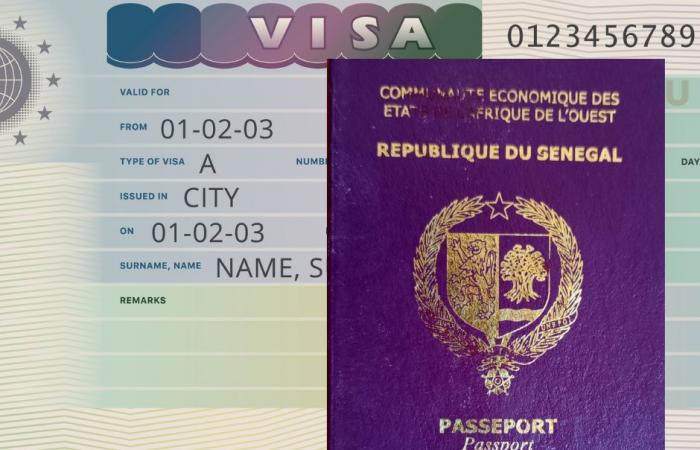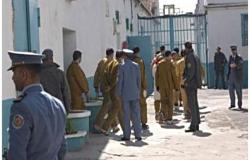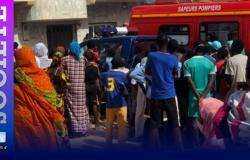Ouestaf News – On December 27, 2024, eight months after his appointment by President Bassirou Diomaye Faye, Ousmane Sonko, Prime Minister of Senegal, made his General Policy Declaration (DPG) before the National Assembly. He announced several reforms including the imposition of visas on nationals of certain foreign countries.
Senegal will apply “the principle of reciprocity for the issuance of visas to nationals of certain countries requiring it from our nationals”, announced Senegalese Prime Minister Ousmane Sonko, during his General Policy Statement to the National Assembly. “The procedures for processing visa applications by Senegalese nationals are detrimental to our compatriots,” he explained to the deputies.
This announcement by the head of government is reminiscent of the same measure taken by the previous regime: the imposition, by President Macky Sall (2012-2024), of a paid visa for foreign nationals, targeting in particular nations that require visas from Senegalese.
Entering into force in May 2013, this measure, although aligned with the principle of reciprocity, had been denounced by certain economic operators, due to its dissuasive effects on tourism. However, the decision was applauded by certain Senegalese and certain pan-Africanist circles.
However, to revive tourism, President Macky Sall had to backtrack by announcing, on April 3, 2015, the abolition of paid visas from May 1.
In his speech to the deputies, Ousmane Sonko also recalled that “the legislative and regulatory texts establishing it (the visa) have not been repealed”.
The Prime Minister also stressed the need to better understand and negotiate with countries whose procedures make it difficult for Senegalese people to obtain visas. These discussions will focus on aspects such as appointment booking platforms, fees charged, and processing times.
Based on Senegal’s previous experience with visas, Ousmane Sonko believes that it is a matter of “clearly identifying the weaknesses before any decision, in particular those linked to possible impacts on tourism and delays in the issuance of visas » to face possible challenges.
The Prime Minister explained that these measures are part of a global migration management strategy. According to him, it is a question of fighting against illegal emigration by relying on development policies aligned with the “Vision Senegal 2050”.
The “Vision Senegal 2050” is the Senegalese government’s new benchmark for public economic and social development policies up to 2050.
Ousmane Sonko also announced the strengthening of controls and sanctions to curb irregular migration “by increasing controls and strengthening sanctions”.
Read also: Diplomacy – Visa: around thirty organizations in Senegal protest against “humiliation”
To encourage alternatives, he highlighted “the promotion of regular migration in partnership with the host and transit countries of migrants, as well as support for voluntary return initiatives and reintegration”.
The issue of visas and irregular migration is a major concern between Africa and Western countries, particularly the countries of the European Union (EU).
Visa procedures, with their high costs and interminable delays, are often seen as a humiliation for Africans. According to Schengen News, the EU collected 56 million euros in 2023, thanks to rejected visa applications from Africans.
On September 4, 2024, civil society organizations in Senegal denounced to the media fraud in the payment of visas and the marketing of appointments at 400,000 FCFA. These practices are seen as humiliation and theft by these movements which continue to demand a reform of procedures.
The scourge of irregular migration continues to grow. According to the International Organization for Migration, between January and March 2024, 13,115 migrants arrived irregularly in the Canary Islands after crossing by boat from the coast of West Africa, an increase of 502 % compared to 2023 (2,178).
HD/ts
Would you like to react to this article or report an error to us? Send us a message at info(at)ouestaf.com.






